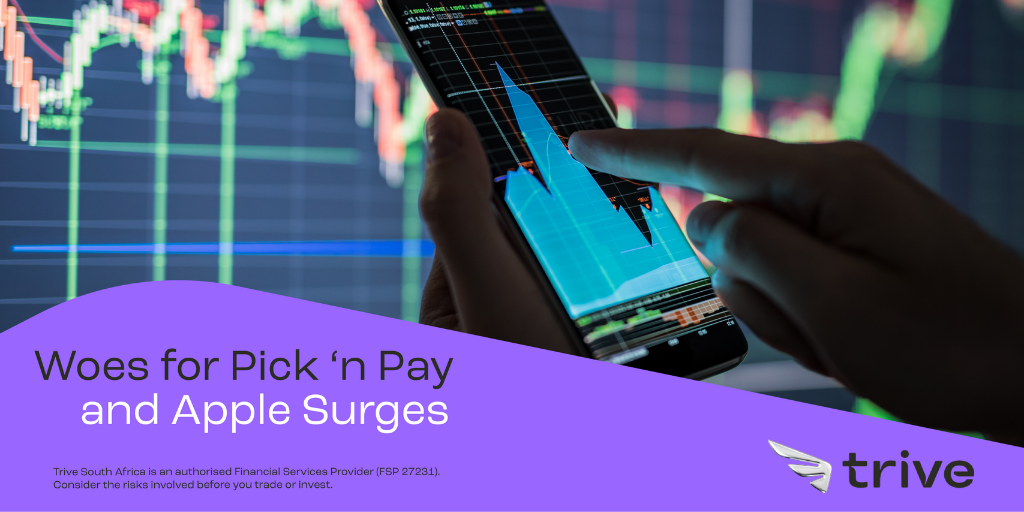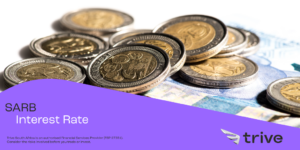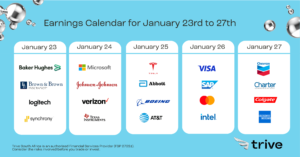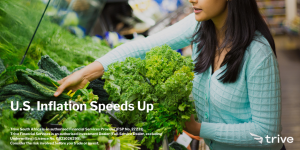
Pick ‘n Pay Shares Tumble
South Africa’s second-largest supermarket retailer saw its share price tumble to a near ten-year low on Thursday, the 4th of May, as negative sentiment exploded amongst market participants following the release of depressed results in the giant retailer’s year-end financials.
Pick ‘n Pay (JSE: PIK) shareholders will argue that 2023 has been a year-to-forget, with the retailer’s share price falling more than 35% year-to-date as the company struggles to navigate the turbulent local economic environment amidst a nationwide energy crisis which has significantly burdened local food retailers. The excessively high costs associated with running generators have seen Pick ‘n Pay spend an alarming R522 million on diesel over the company’s most recent financial year, slashing the group’s bottom line and eating into shareholder dividends. The giant retailer reported a 16.3% year-over-year decline in adjusted headline earnings per share. Additionally, the company announced its year-end dividend of 140.30 cents, resulting in a total payout of 185.15 cents, representing a significant year-over-year decline. According to Pieter Boone, CEO of Pick ‘n Pay Group, the local retailer is forecasting another difficult year amidst the country’s ongoing energy crisis, and if it were not for loadshedding, the group “would have reported a 7% higher profit before tax, more than it had guided the market.” To further cement negative sentiment, Pick ‘n Pay warned shareholders that it would likely slash future dividend payments if the country’s dire energy situation persists.
While loadshedding is not solely pertinent to Pick ‘n Pay, it has affected the company more than other local retailers, argue industry experts. The company has a comparably thin trading margin meaning that the perverse effects of loadshedding are significantly more extreme for Pick ‘n Pay relative to its peers. Pick ‘n Pay’s trading margin declined to 2.7% in its most recent financial year, down from 3.1%, which fares lower than Shoprite, whose trading margin is currently 5.8%.
Moreover, according to market analysts, Pick ‘n Pay’s recent Ekuseni strategy, which entails dividing the company into two separate brands and renovating its stores, is not proving effective in closing the gap with Shoprite, the current market leader within the local retail industry. The combination of depressed financial results amidst high diesel costs, an uncertain outlook for the year ahead, and the market “cold-shouldering” Pick ‘n Pay’s Ekuseni strategy saw the local retailer’s share price fall more than 9% on Thursday, the 4th of May.
The Big Bite: Apple Beats Expectations
“An apple a day keeps the bear market away” is the trending theme for Apple (NASDAQ: AAPL) shareholders as the American multinational technology behemoth beat market expectations in its quarterly earnings call, boasting a 6.32% upside surprise in its earnings per share (EPS) expectations.
While general market consensus estimates pointed toward a quarterly EPS figure of $1.43, Apple surprised market participants by posting a quarterly earnings figure of $1.52 per share. Stronger-than-anticipated iPhone sales drove the earnings beat, which saw Apple’s share price rise in extended trading hours on Thursday, the 4th of May. iPhone revenue came in at $51.33 billion for the quarter, a stellar 5.1% higher than the anticipated figure of $48.84 billion, but iPad and Mac revenue came in lower than expected.
Sources: Bloomberg, Business Live, CNBC, Reuters, Trading View
Disclaimer: Trive South Africa (Pty) Ltd, Registration number 2005/011130/07, and an Authorised Financial Services Provider in terms of the Financial Advisory and Intermediary Services Act 2002 (FSP No. 27231). Any analysis/data/opinion contained herein are for informational purposes only and should not be considered advice or a recommendation to invest in any security. The content herein was created using proprietary strategies based on parameters that may include price, time, economic events, liquidity, risk, and macro and cyclical analysis. Securities involve a degree of risk and are volatile instruments. Market and economic conditions are subject to sudden change, which may have a material impact on the outcome of financial instruments and may not be suitable for all investors. When trading or investing in securities or alternative products, the value of the product can increase or decrease meaning your investment can increase or decrease in value. Past performance is not an indication of future performance. Trive South Africa (Pty) Ltd, and its employees assume no liability for any loss or damage (direct, indirect, consequential, or inconsequential) that may be suffered from using or relying on the information contained herein. Please consider the risks involved before you trade or invest.




